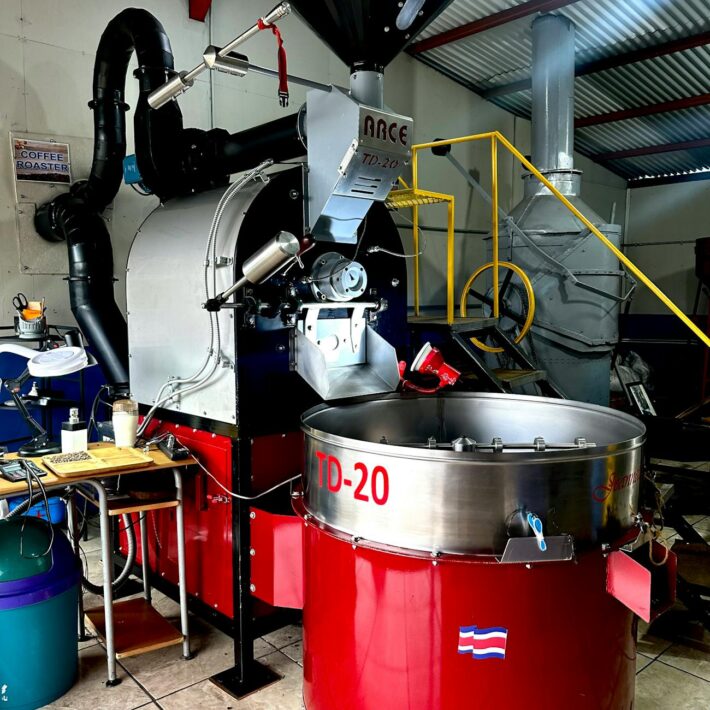Livestock Import Export Business Ideas to Start in 2024

Contents
Lucrative Livestock Import-Export Business Ideas for 2024
Starting a livestock import-export business presents exciting opportunities for entrepreneurs in 2024. The global demand for livestock remains robust, but successful ventures need meticulous planning. This article explores various business ideas within this sector, covering crucial aspects like market research, regulatory requirements, and practical strategies for success.
Understanding the Livestock Import-Export Market
The global livestock market is a complex and dynamic arena. Factors like fluctuating commodity prices, local regulations, and the availability of livestock influence potential profits and risks. Different types of livestock — cattle, poultry, sheep, goats, and even pigs — demand varying handling and transport procedures. Understanding these variations is essential for success. International trade routes and established supply chains play pivotal roles, shaping logistics and access to target markets.
Market Research and Analysis
Before diving into the livestock import-export game, comprehensive market research is paramount. Pinpointing specific target markets, understanding local demand and supply, and analyzing competitor strategies are critical for building a successful business. This analysis ensures you can meet the specific needs and expectations of potential customers, helping your business thrive in this competitive market.
Essential Business Legal and Regulatory Requirements
Navigating the legal landscape of livestock import-export demands careful attention. Gaining the necessary licenses, permits, and understanding import/export regulations is fundamental to avoiding pitfalls. Detailed compliance with documentation procedures and adherence to animal welfare standards are also key. Understanding and applying the rules correctly is essential for success.
Logistics and Transportation
Livestock transportation is a critical aspect. Suitable vehicles and proper handling practices for the species being transported are vital for animal welfare and preventing stress or injury during transit. Risk mitigation strategies for transportation, alongside adhering to strict animal welfare standards, ensure your business operates ethically and efficiently.
15+ Livestock Import-Export Business Ideas
Starting in 2024, here are potential livestock import-export opportunities:
- Raising and Breeding Specific Breeds for Export: Focus on a niche breed in high demand and carefully manage quality control measures.
- Livestock Procurement and Supply Chain Management: Establish robust relationships with reliable suppliers, minimizing potential issues, ensuring product consistency, and minimizing delays.
- Livestock Processing and Packaging: Focus on preserving product quality and ensuring compliance with local regulations. This includes food safety measures, appropriate packaging, and necessary labeling standards. [Link to livestock processing guide]
- Livestock Trading and Brokerage: Offer expert knowledge and experience to buyers and sellers.
Raising and Breeding Livestock for Export
A strong foundation involves strategically raising and breeding livestock for export. Quality control is essential, encompassing breed selection and ensuring healthy, high-quality animals. Implementing sustainable farming practices is crucial, not only for ethical considerations, but to potentially enhance profitability and market standing.
Livestock Procurement and Supply Chain Management
Efficient livestock sourcing involves cultivating strong relationships with suppliers. Robust supply chain management is essential for preventing delays and ensuring consistent product quality. Understanding the negotiation process, contract terms, and payment structures is vital for managing business operations smoothly and maximizing profit.
Livestock Processing and Packaging
Effective processing and packaging are crucial for livestock destined for export. Strict quality control, food safety adherence, and appropriate packaging protocols prevent losses during transit. This often affects the final pricing of your product, which is an important consideration. This will include compliance with food safety standards, ensuring that all products meet the highest quality and are safe for human consumption. [Link to packaging guidelines]
Livestock Trading and Brokerage
Acting as a facilitator connecting livestock buyers and sellers can be incredibly lucrative. Establishing clear communication, safe transactions, and transparent financial procedures are crucial for ensuring mutual benefit. Thorough contract management, ensuring all parties comply with agreements, is another crucial step in the success of this business model.
International Market Entry Strategies
Understanding market dynamics and cultural sensitivities is vital for successful international entry. Implementing effective marketing strategies, tailoring your approach to target customer demographics and expectations is another crucial step in the overall process.
Risk Management and Mitigation Strategies
Identify and prepare for potential risks. Market fluctuations, regulatory changes, disease outbreaks, and logistical challenges can significantly affect the bottom line. Planning for these circumstances protects a business's stability, reduces the chance of losses and enables sustainable growth.
Financial Planning and Management
A solid financial strategy is essential for any livestock import-export venture. Detailed start-up costs, ongoing financial management, and profitability projections are necessary. This will ensure you can secure financing, anticipate growth, and have a proper plan in place to avoid the risk of unexpected business events. Understanding this process in advance will allow you to secure the funding necessary for a successful start.
Conclusion
Entering the livestock import-export sector presents unique opportunities. By conducting thorough market research, understanding regulatory frameworks, and implementing sound logistical and financial strategies, entrepreneurs can position their businesses for success. This involves focusing on thorough planning for profitability and managing risks, allowing you to leverage the market, gain a strong position in the industry, and generate high returns for yourself. Remember to prioritize ethical and sustainable practices to build lasting business credibility.

Photo by Chanaka (https://www.pexels.com/@chanaka-318741)

As our Chief SEO & Branding Strategist, Robert Ellison is a digital marketing visionary with over 25 years of experience transforming brands through smart, data-driven SEO and impactful storytelling. Known for his expertise in aligning technical SEO with authentic brand narratives, he leads our team in creating strategies that boost search rankings while building strong, sustainable brand identities. A trusted advisor and frequent industry speaker, Robert combines deep technical knowledge with creative insight, helping our clients not only reach the top of search results but also genuinely connect with their audiences.








